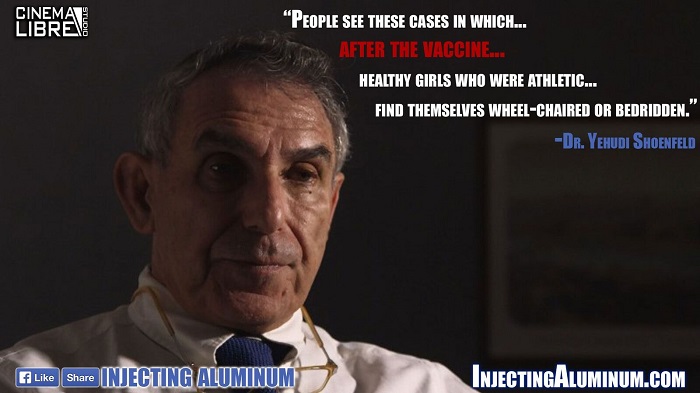As the economy and political situation continue to spiral with the frenetic, manic-depressive, mood swings of a toddler in the cereal aisle, the rest of us are left wondering what the…
Don’t they get it? Don’t they see what we see? Maybe not. With $174,000-$223,000 annual salaries and guaranteed health insurance that includes private personal physicians who provide routine medical care at no, or minimal charge, it is difficult if not impossible for Congress to feel the pain and uncertainty that the $38,000 per year teacher feels or that the unemployed construction worker must feel. It’s a matter of perspective and perception, neither of which seem focused on what matters most.
As the women’s healthcare debate heats up again, one can’t help but wonder if the difference in perspective is what propels statements like those from Senator Kyl earlier this year: “I don’t need maternity care. And so requiring it to be in my insurance policy is something that I don’t need and that will make the policy more expensive.” From his perspective, that of an older, male Senator, buffeted by a great salary and irrevocable health insurance, he is correct. He does not need a maternity rider on his policy.
Likewise, as a 40 something woman, I don’t, nor will I ever have, erectile dysfunction or a need for prostate cancer coverage, so why should I pay for those items in my policy? For that matter, why should my tax or insurance dollars, go towards anything that I don’t personally need or want?
I didn’t intend this blog to be a political or economic commentary, but the disconnect between the on-going political folly and reality are strikingly analogous to what many women experience when faced with a chronic, hormone-related condition. So many women among us live for years with pain, are often misdiagnosed repeatedly, sometimes even told,‘this is normal’ or ‘it’s just your hormones’ as if to say, it’s not important enough to merit consideration. Like with Senator Kyl, there is a disconnect between what is needed and what is perceived as needed.
How do we bridge that gap? It’s obvious to any woman who has experienced a chronic hormone or menstrual-related health condition that more research is needed. It is unconscionable that endometriosis, for example, which affects >10% of the female population, takes 5-10 years to diagnose (Arruda et al. 2003; Hsu, Khachikyan & Stratton 2010, Pugsley & Ballard, 2006). It is even more troubling that the first line of treatment is oral contraceptives, as it is for many women’s health conditions. Oral contraceptives are fabulous for birth control, but do they really work for all gynecological conditions? Are the hormonal indices for endometriosis the same as those for PCOS or for PMS? Are we all so similar that one pill will fix everything?
In light of the current discourse on women’s health, which includes such brain twisters as whether pregnancy is a pre-existing condition and men ought to be responsible for contributing to maternity care to ‘do women deserve preventative healthcare’ (thankfully, the IOM says yes) and my favorite, the whole pap smears at Walgreens suggestion, it’s not difficult to see why gaps in women’s health research still exist. It is also clear that the tenor and content of public discourse, and as a consequence, the direction of research and public policy, are important and must be brought back to stuff that matters. For many women, and the men who love them, women’s healthcare and research are important.
Even though I personally will not ever need prostate cancer treatment or research, the men in my life may, and so I don’t begrudge the dollars spent for those endeavors. I think many men feel the same about women’s healthcare and research. Help us bring the conversation back to what matters. Help us prove that hormones are important in women’s health research and care.
Stand up and tell your story.















Hi, great post! Thanks..
That’s one of the reasons I find many of the comments Senator Kyl and others have made and are still making so disturbing. The other, more troubling aspect of the whole discourse on health and also education, is this me only perspective. That is, if it doesn’t affect me directly then it must not be necessary or valid. That narrowness of vision, is just not how I was brought up or how I think we ought view the big problems.
But, even if you can’t personally relate, how can you realistically expect people living on incomes in the low-tens-of-thousands-of-dollars to afford health costs in the high-tens-of-thousands-of-dollars to hundreds-of-thousands-of-dollars? A medical emergency is often disastrous enough for a person and their loved ones without also leading them into financial ruin.